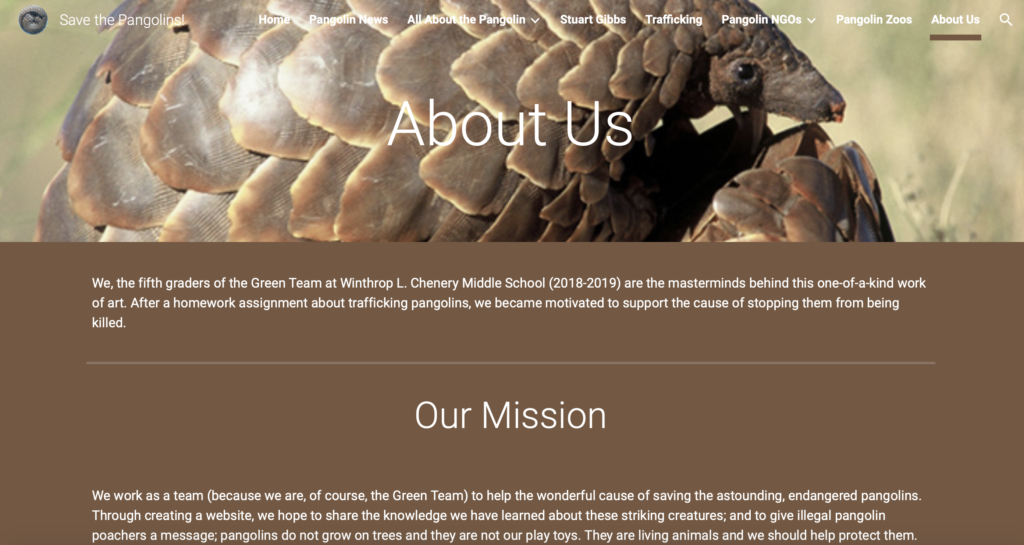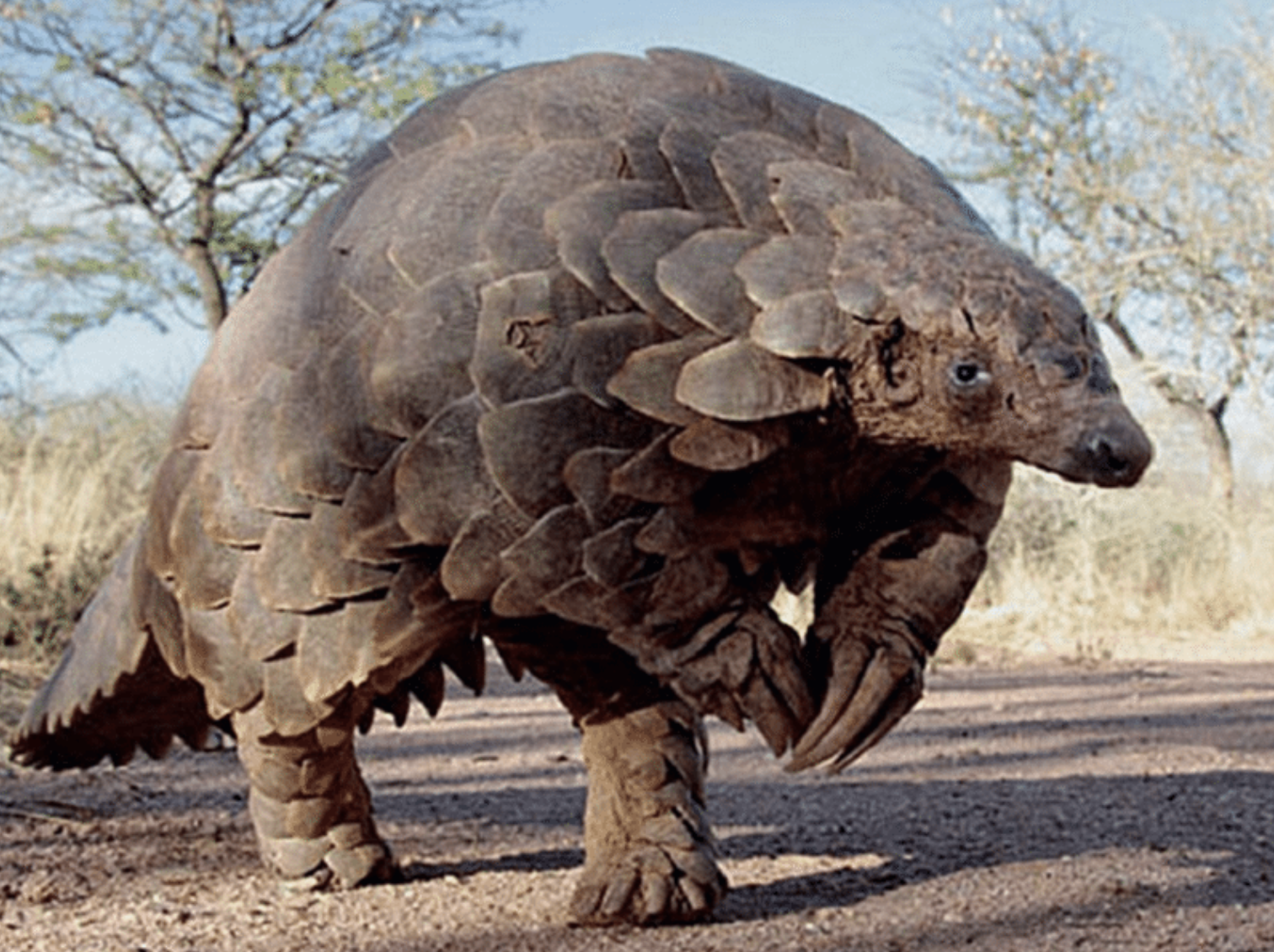Photo: A pangolin.
When you think of trafficking animals, the first that come to mind are likely rhinos, tigers, ocean turtles
But it turns out that one in every four mammals taken from their home in the wild by humans is a slow-moving, cute fellow known as the pangolin or, as some will know them, the scaly anteater.
This wonderful prehistoric creature which lived when dinosaurs ruled the roost 80 million years ago is the only animal that has protective keratin scales resembling a pine cone covering their skin. Part anteater and armadillo, the pangolin will curl up into a tight ball when threatened, frustrating predators which have no way of penetrating the armor. There are several videos of lions left baffled while encountering the native to large parts of mid-sub Saharan Africa, India
But its existence is threatened by its only true predator, man.
In the past decade, nearly one million pangolins were stolen from their native habitat to be sold for its meat in markets in China, Southeast Asia and Africa. In China, its scales are used as folk remedies despite the fact the scales are similar to fingernails.
The dire condition of this mostly nocturnal animial became the cause of four fifth-grade classmates at Belmont’s Chenery Middle School who have declared it their business to bring the plight of the pangolin to the attention of the world.
“My friends and I heard about pangolins when our teacher gave a homework assignment about them,” said Reno Ragar who is joined by his classmates Maxwell Abouzeid, Jonah Litman and Michelle Lin.

Reno Ragar 
Simrah Azmi

Michelle Lin 
Maxwell Abouzeid
While there are many animals, insects, flora, and birds that are endangered, the fifth graders decided to promote the pangolin’s predicament because “the fact that it is a relatively obscure animal, and since it is the most trafficked mammal in the world,” he said, having seen a pangolin at the Brookfield Zoo in Chicago.
The team ultimately decided to create a comprehensive website dedicated to learning all about the pangolins and the real threat of extinction it faces.

https://sites.google.com/belmontschools.net/save-the-pangolins/about-us
“I selected this form of raising awareness because I am very familiar with computers and Google Sites that is the software we used to make the site,” said Reno
“I think our efforts have educated some people about pangolins, but more publicity is needed,” he said.
It is just that sort of connection with others that promoted the team to write a request to best selling middle school author Stuart Gibbs(Spy School and FunJungle series) to highlight pangolins in some future book.
Gibbs replied to the Chenery team noting his next book was going to be on animal trafficking and he will “mention pangolins at one point … and will probably devote more room in my author note in the back of the book to them.”
With the web page and Gibbs mention in his future book as examples, “I hope that our efforts will inspire other people to educate others about pangolins and this horrible crime,” said Reno.








Leave a Review or Comment